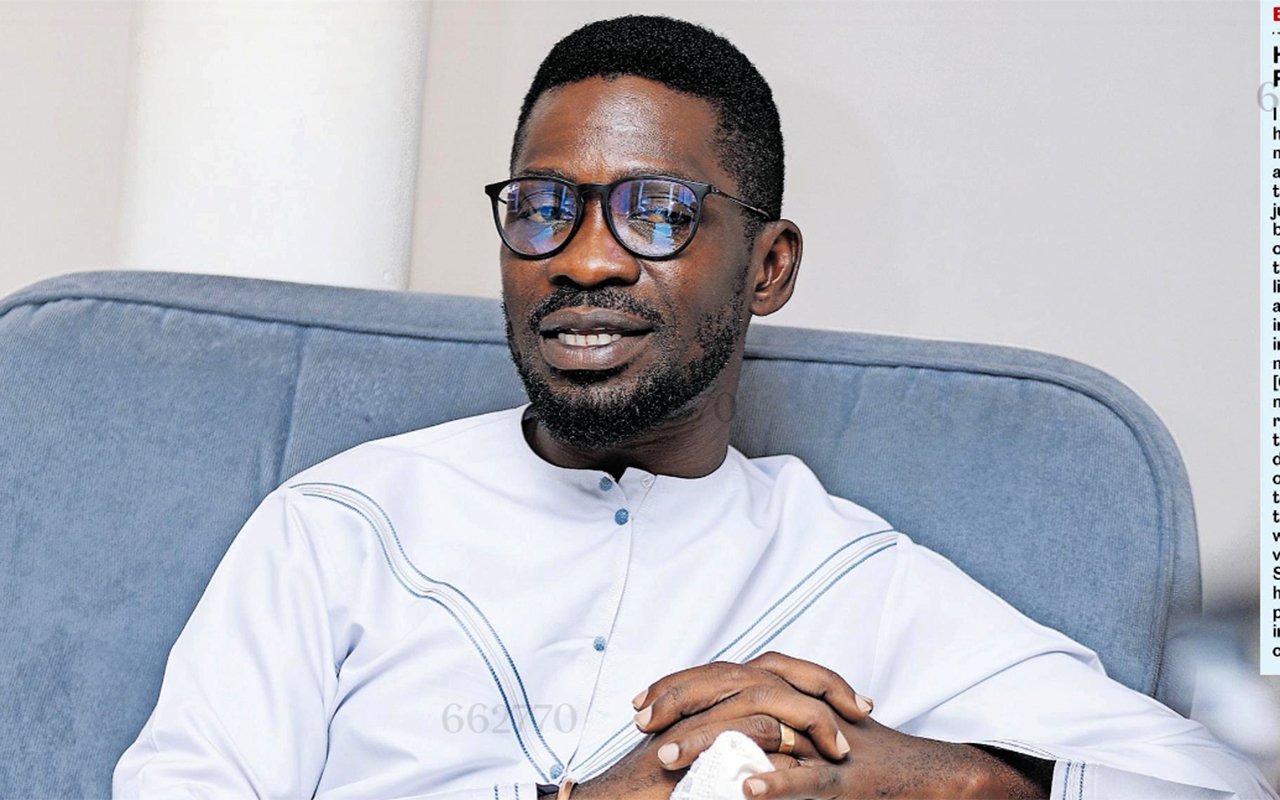Prime
Community parenting is not possible, but…

What you need to know:
- Uganda has over 56 ethnic cultural norms. On top of this we have to contend with a rather grey culture of the elite.
In his article in Saturday Monitor of April 2, 2022 Crispin Kaheru raised a very pertinent matter concerning guidance and protection of the young generation.
Mr Kaheru referred to the erstwhile all important aspect found in most African cultures of community responsibility in bringing up children. He said: “Back in the day, raising, disciplining and protecting a child was the responsibility of the community”.
Most people, who were beneficiaries of such upbringing, would agree with Kaheru that this approach worked very well.
Sadly this and many other community based values are fast becoming history due to, as the writer puts it, the floundering of our social fabric. Consider this scenario: Many years ago, while at visiting day at our son’s school, a naughty 10-year old boy stealthily grabbed his father’s car keys, went with one of his friends into the parent’s car in the car park and proceeded to attempt to take his friend on a joy ride all unbeknown to his father. Before long, due to his limited or non-existent skills, he lost control of the vehicle and ended up ramming into the side of my car, causing considerable damage. I was immediately called to the scene. What I saw did not amuse me. The young boy was still there frozen by the outcome of his misdemeanor. I asked him if his parents were aware he was driving their car and he said they were not. “Have they ever allowed you to drive the car before?” I asked him, to which he answered in the negative. Then I went ahead to scold him heavily just falling short of slapping him. After I cooled down I sent him to call his father who promptly came. This is where the story gets interesting.
The boy’s father arrived holding his hand as the boy was now in tears – tears of guilt so I thought. His Dad comes onto the scene, says nothing to me but goes ahead to examine the damage on both cars. Then he turns to me and says: “Sorry my friend but I will repair your car.” Then, to my bewilderment he added, “This is such minor damage, you did not have to scold my son so badly and to cause him trauma.” Needless to say, the rest of the conversation – or was it an exchange - was that of people seeing different sides of the same coin. I felt that it was within my right to even punish that child for doing what he had done. His father on the other hand saw it like minor and acceptable mischief and sided with his boy whom he claimed I had stressed by my tirade of anger.
The point worth noting is that community or societal parenting can only be meaningful if everyone is acting from the same script. Uganda has over 56 ethnic cultural norms. On top of this we have to contend with a rather grey culture of the elite. They are distantly related to their origins but education and exposure have turned them into, at best, quasi Africans. Then we have the impact of urbanization which makes us live in multicultural environments giving birth to a hotchpotch of a culture.
Urban kids for example find themselves in a class with students from ten or more different cultures. Their teachers are just as varied in their cultural backgrounds, so what should they pick? In addition, cross-cultural marriages are now the order of the day. I personally think this has some very positive qualities. However, the challenge it presents is that in the midst of all this mixture homogeneity goes out the window. Under such circumstances you cannot talk about community upbringing because the community is not reading from the same page!
All is not lost though; there are many positive things that arise from our rainbow culture. And since it seems to be the way of tomorrow, it is now incumbent upon those that care about future generations to initiate interventions that would help us not to sell out on the values that have worked for generations while at the same time embracing the inevitable ever-changing new norms. Why, for example, can’t we create “neo communities” of like-minded people near us so that our children would be surrounded by people who share the same values and we are happy to interact with? And one can think of several ways of counteracting this cultural crisis.
One powerful intervention I would proffer is to compile a depository of “Ugandan manners”. This would be a collection of all that is considered good and positive from the plethora of cultural hues across the nation. Out of this a norm would emerge that captures perhaps the Uganda of today but rooted in the glorious past. Legislation is good and it protects but rarely changes behavior. Only in a changed social fabric do we have lasting hope. Let us look for those things that will intentionally inculcate – or indeed revive - positive societal values. I believe Crispin and others of the same ilk would be well disposed to be at the centre of initiating and driving such a chronicling undertaking. Over to you!
Kirabo Lukwago




